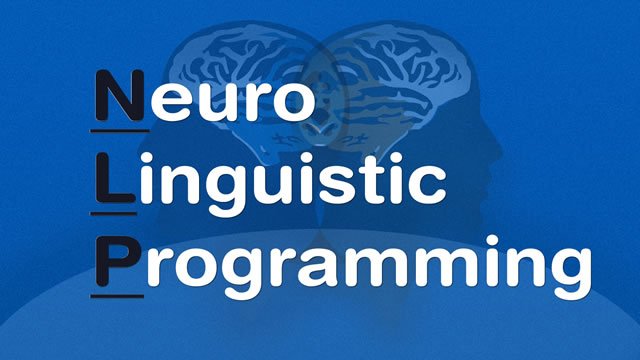
Hello everyone,
I'm new here on the site. I work for a living in NLP (Neuro-linguistic programming)
I would be happy to bring here NLP stuff and enrich you with NLP knowledge
Today i wanted to talk to you about building the path to your personal success. Did you ever find yourself dreaming, whether it was at night and even if you were daydreaming, what your life would look like if you had suddenly won the lottery for tens of millions of dollars? How would the conversation with the boss be when he informs you that you were promoted to a management position? How would you feel if the bank manager would invite you to ask how his branch could invest the amounts of money you accumulated? What would your life look like after you found your ideal partner?
The first question we want to ask is - what is our goal?
You must first know what you want to reach. Many of us have been sitting in the past thinking about what they would like to achieve and all sorts of people have tried to get you out of these ambitions. I personally know that wherever someone tells me "you can not do it" or "it will not work in Israel," there is an opportunity, an almost untapped market where you can succeed and not enough people did it.
When the Wright brothers, Orville and Wilbur wanted to fly, they laughed at them. "It will not be able to rise," they were told. "It will swirl and never be stable," others added. On December 17, 1903, in Curry Creek, North Carolina, Orville was able to stay in the air for 12 seconds and fly 39 meters at a height of three meters. On the same day, his brother managed to stay in the air for a minute and fly 279 meters at a height of three meters and from there began the development of the plane as it exists today.
Now let yourself think about the next question. "" What could have made me happy? "After you have an answer, let's move on to the next step:
How do we build an effective goal?
If you want to build an effective goal, you should first recognize the "structure" model. The "structure" model is actually an acronym that describes an effective goal:
Reason - purpose must be logical, to a certain extent. If you want to achieve something that is contrary to something that is thought to be unchangeable (like gravity), let yourself look at it from another direction (if I can not fly, maybe we can build a device that will enable me to overcome gravity, if only temporarily) And to find a solution (build a body with an engine, steering system and adaptation to aerodynamics can overcome the gravity and so we can fly).
A precise goal must be as precise as possible, so you can actually see it come true in your mind (now, if you choose for example). For this, you have to formulate what you want to achieve rather than what you prefer to avoid (instead of "not fat" that you can not imagine, go for "lose weight", that your mind can imagine much more vividly).
In the present tense - in terms of power, and I challenge you to check this, if you tell yourself your goal (voice) and start the sentence with phrases like "I hope," "I want," "I can," "I am ready" Much less than if you put it in the present tense, as if it already happened ("I get up every morning with a smile" for example).
Measurable - a goal should be something that can be checked whether or not you achieved unequivocally. Go for exact numbers, percentages or even unequivocally - achieved or not achieved. Otherwise how will you know that you are there, enjoy it and determine the next goal?
Setting a target time needs a certain timeframe in which it should be realized. The main goal of defining time, beyond improving the ability to imagine the goal being realized, is to be a way to test the way if you are on your way to the goal and work towards it. If you are on your way there, continue like this, if not, repair your way and continue towards the goal.
What will make an effective goal much more effective? About this, in the next post.
In the meantime you'll have a great day
Welcome to Steemit!
@warjar Thank you!
There comes a time when the mind takes a higher plane of knowledge but can never prove how it got there.
- Albert Einstein